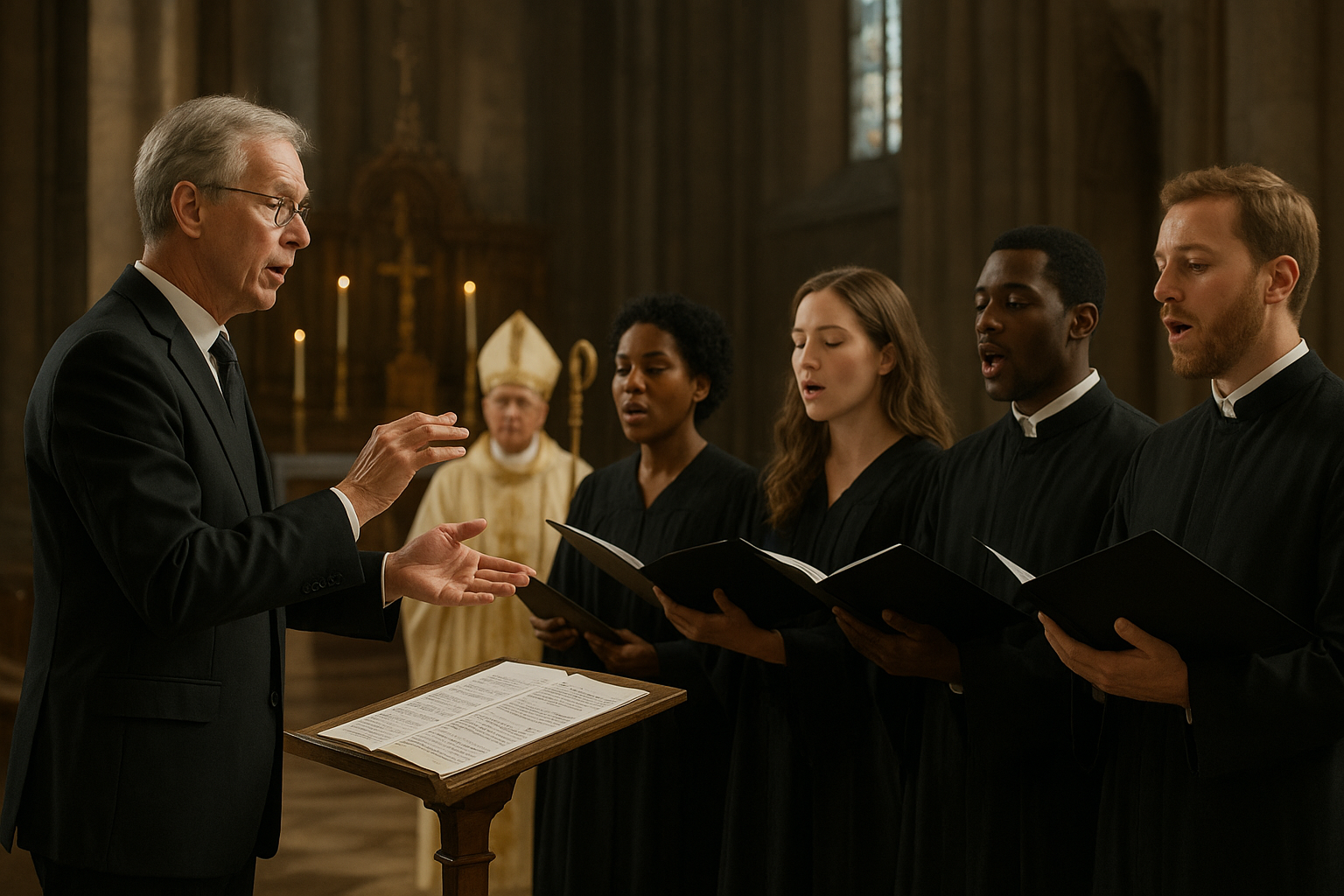For centuries, sacred music has served as the soulful expression of humanity’s deepest spiritual yearnings, creating a divine bridge between the temporal and the eternal. Commissioning sacred music has become an act of both faith and artistry, fostering a profound connection that resonates through hallowed spaces.
The tradition of commissioning sacred music can be traced back to the medieval period, where it found its initial home in the liturgical settings of the Christian church. Great composers, from Johann Sebastian Bach to Arvo Pärt, have been tasked with crafting music that transcends earthly concerns and elevates the spiritual experience.
The Historical Significance
- Patronage of the Arts: Historically, the commissioning of sacred music often came from the church itself or wealthy patrons who sought to enhance worship through the beauty of sound. Their contributions allowed composers to create works that glorified the divine.
- Cultural Impact: Many sacred compositions became integral components of religious ceremonies. For example, Bach’s Mass in B minor is considered a monumental work that enriches both musical and spiritual landscapes.
- Innovation and Tradition: Over time, the commissioning of sacred music has evolved, balancing the reverence of tradition with contemporary interpretations and innovations. This evolution keeps the art form vibrant and relevant.
Contemporary Applications
Today, the commissioning of sacred music continues to thrive, offering composers an opportunity to explore new dimensions of sound and spirituality. Notably, the modern composer Arvo Pärt has gained acclaim for his minimalist approach that captures the essence of sacred themes through what is often referred to as a “holy minimalism.”
“The human voice is the most perfect instrument of all,” says Pärt, highlighting the intrinsic connection between music and the human experience.
The Role of Technology
The digital age has introduced new ways to commission and disseminate sacred music. Virtual platforms and streaming services allow compositions to reach global audiences, transcending borders and cultures. Online commissioning platforms now connect composers with congregations, ensuring that the creation of sacred music remains a vital part of religious and cultural expression.
In conclusion, the commissioning of sacred music serves a higher purpose that extends beyond mere artistic endeavor. It symbolizes a profound dialogue between humanity and the divine, a sacred art form that continues to inspire and uplift the human spirit. As we navigate an increasingly complex world, these celestial sounds remind us of the enduring power of faith and creativity.
